Chuangxin Road, High-tech Zone, Xi'an City, Shaanxi Province, China
Marine Engineering
Titanium is an important material in marine engineering and is known as the ‘marine metal’ due to its superior strength, weight and corrosion resistance. Its exceptional toughness makes it resistant to salt water, seawater and other hydrothermal fluids in aquatic environments.
Titanium is particularly useful in the manufacture of lightweight equipment for offshore operations. It also reduces microbial adhesion and provides excellent resistance to sulfidation in more severe conditions. These properties make titanium one of the most sought-after materials in modern marine engineering, with applications ranging from subsea pipes to ship hulls.
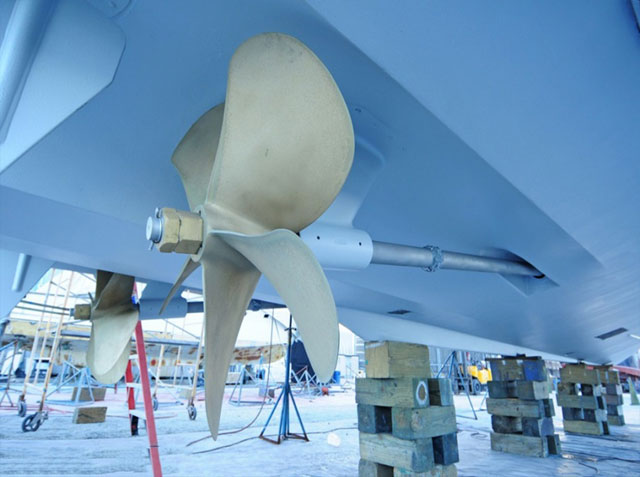
Boats And Ships
Compared with previously used fiber-reinforced plastics, aluminum alloys, steel and other materials, hulls made of titanium are lighter, can increase the effective loading weight, have a long service life, require almost no maintenance, and are easy to remove marine organisms attached to the surface.
Titanium has excellent resistance to corrosion and erosion damage, good yield strength and low density. Therefore, it can be used to make thin-walled, small-diameter pipes, valves and other accessories. Using titanium alloy to make ship propellers and propeller shafts can increase propulsion speed.Pipe systems, valves, etc. of heat exchangers, condensers, coolers, evaporators, etc. can be made of titanium.
Deep Sea Submersible
Titanium is not corroded by salt water or marine environment. The titanium alloy manned spherical shell is the most special and important part of the submersible. The titanium alloy manned spherical shell located at the front of the submersible and can accommodate 3 people can carry 700 atmospheres of pressure. pressure to achieve the same life support system as in aerospace.
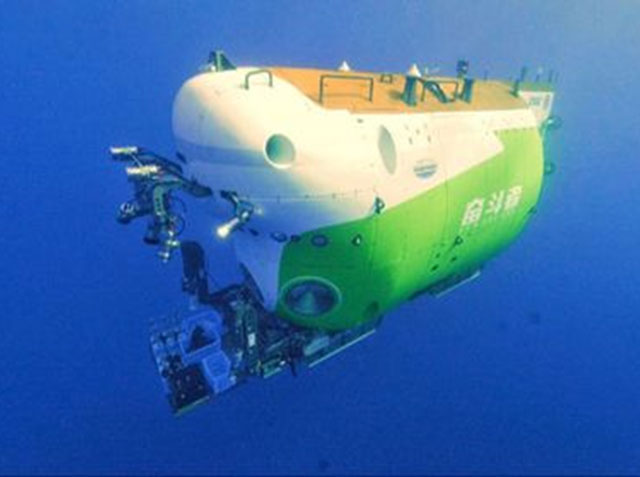
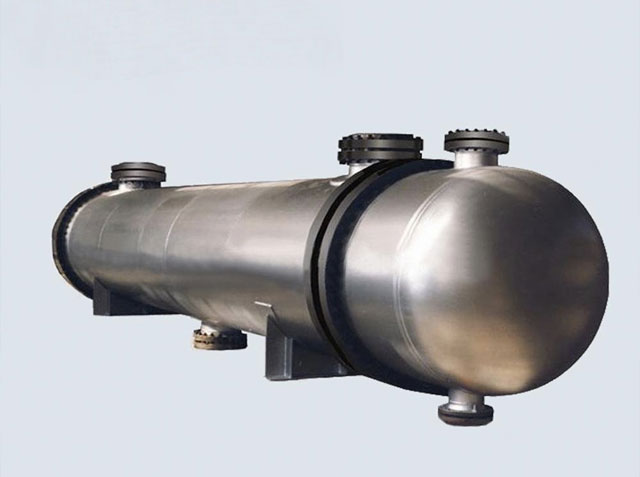
Condenser
It is most suitable to use titanium material for the condenser, which can use seawater as cooling medium on site; has good corrosion resistance and long life; high heat exchange efficiency and good economic benefits; high safety performance, reduced power outage maintenance time, low production efficiency, etc. .
Desalination
In the seawater desalination production method, a large number of heat transfer tubes are used in the heat exchange part. The original copper alloy tubes have been replaced by titanium tubes because copper alloys are not corrosion-resistant.
The evaporator in the seawater desalination device comes into contact with high-temperature seawater, and the salinity increases after evaporation. Titanium alloy is resistant to high-temperature ion corrosion and can be widely used in evaporators of seawater desalination equipment.
At the same time, titanium has strong corrosion resistance to chlorine and is the preferred material for heat exchangers in seawater desalination equipment.
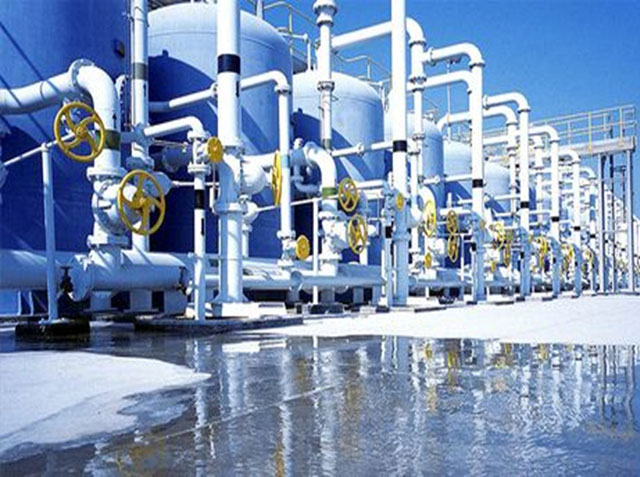
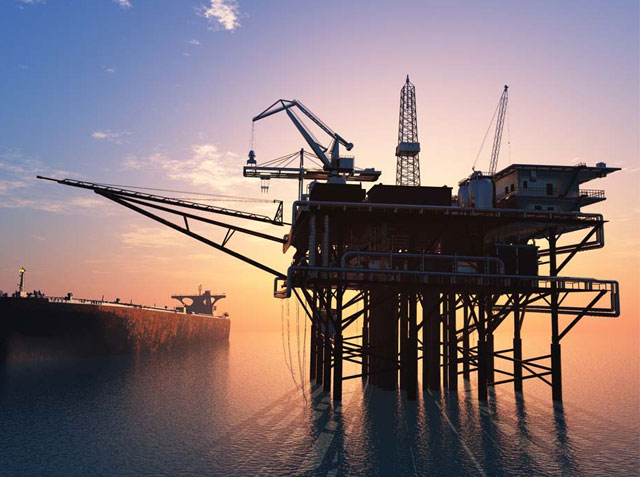
Offshore Drilling Platform
Titanium alloy has high strength, low density, excellent corrosion resistance and good toughness, making it the best choice for equipment used in offshore drilling systems such as risers, drill pipes and tapered stress joints. In more cases, the composite application of titanium and steel has made a great contribution to the cost reduction and efficiency improvement of offshore drilling systems.
Titanium alloys allow drilling equipment to enter deeper waters and wells, including higher temperatures and more corrosive environments. Titanium alloy based on Ti-6Al-4V has the best comprehensive physical, mechanical and corrosion properties, making it more attractive for offshore drilling components.
ENTORUST CERTIFICATION
We are follow the quality system and standards strictly.approvals from most leading OEM’s across Aerospace, Medical, Industrial, and Oil and Gas markets.
.jpg)





